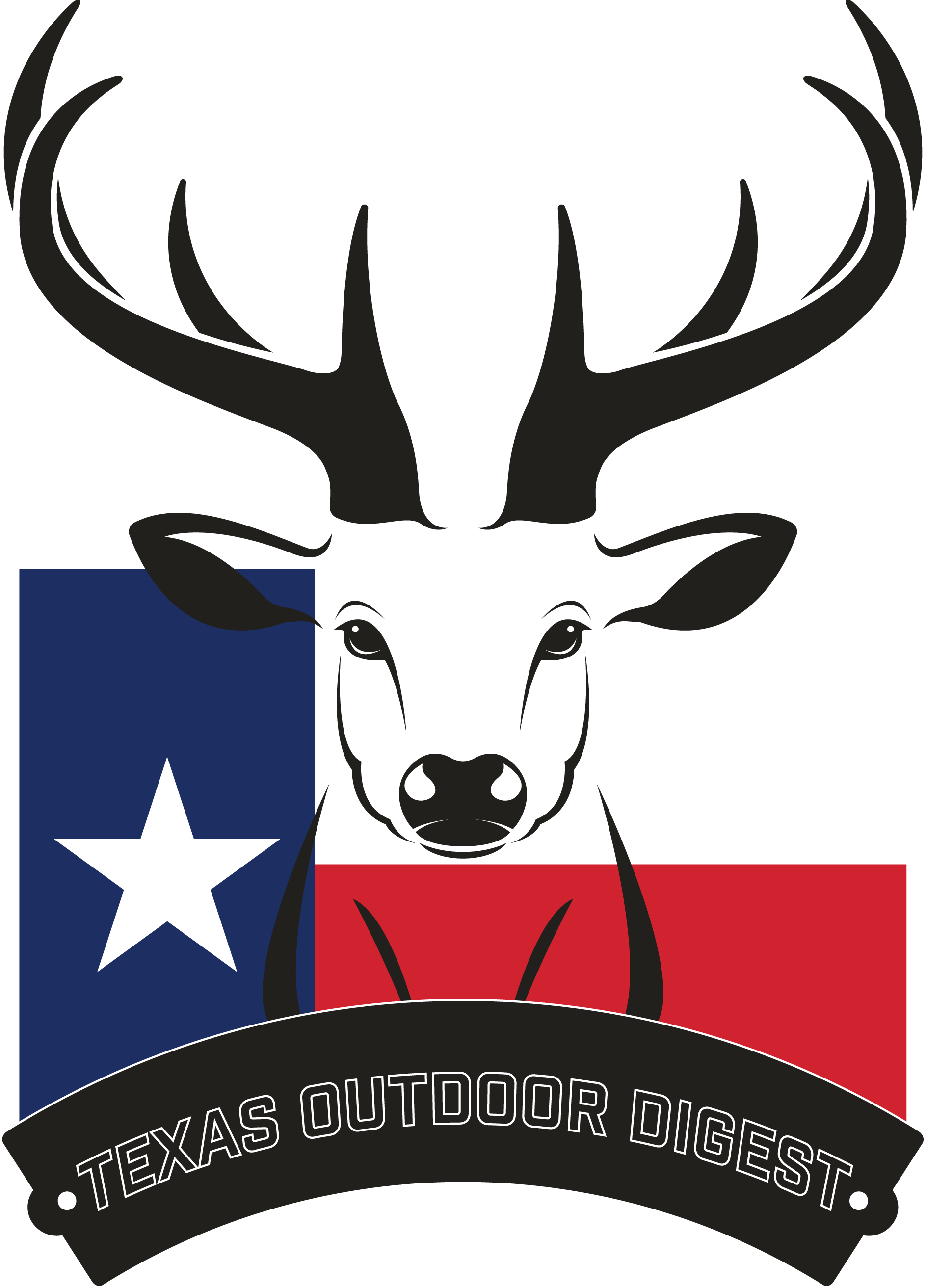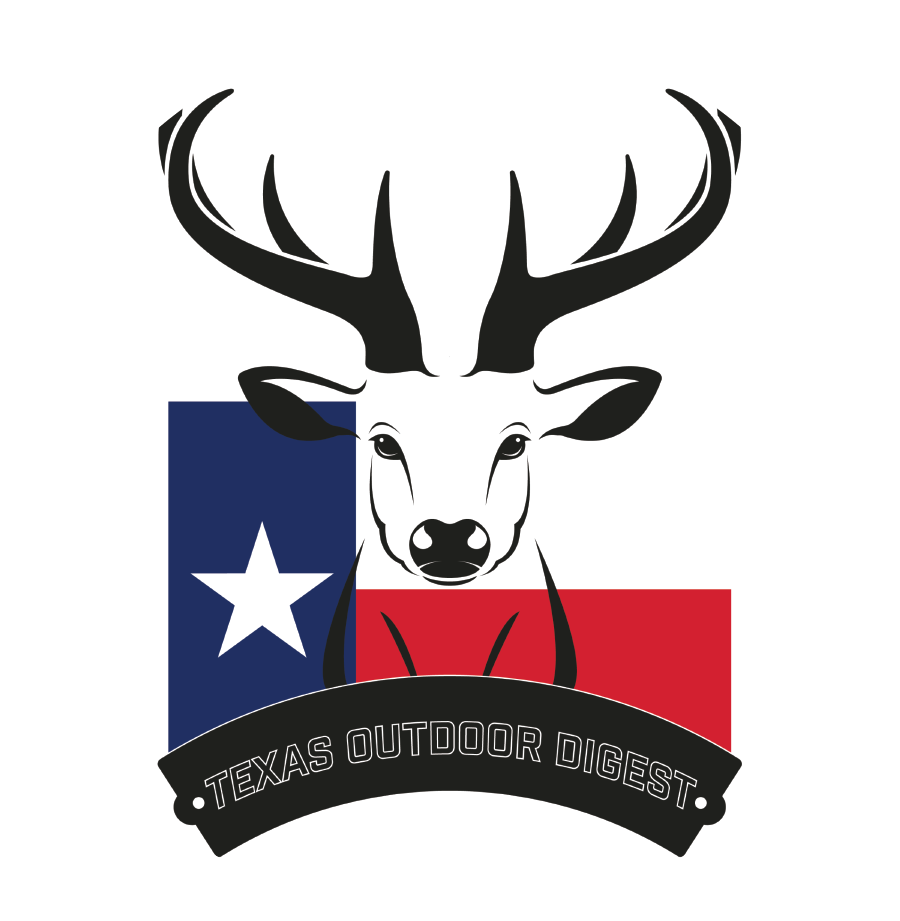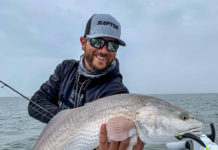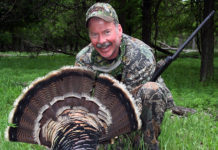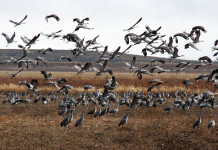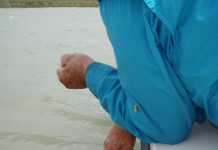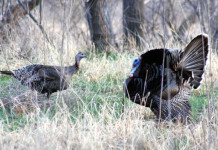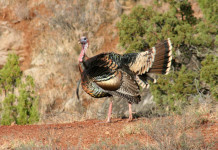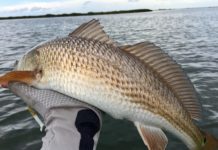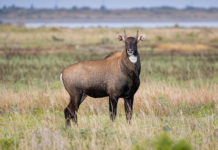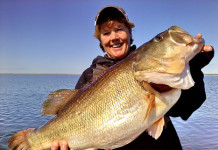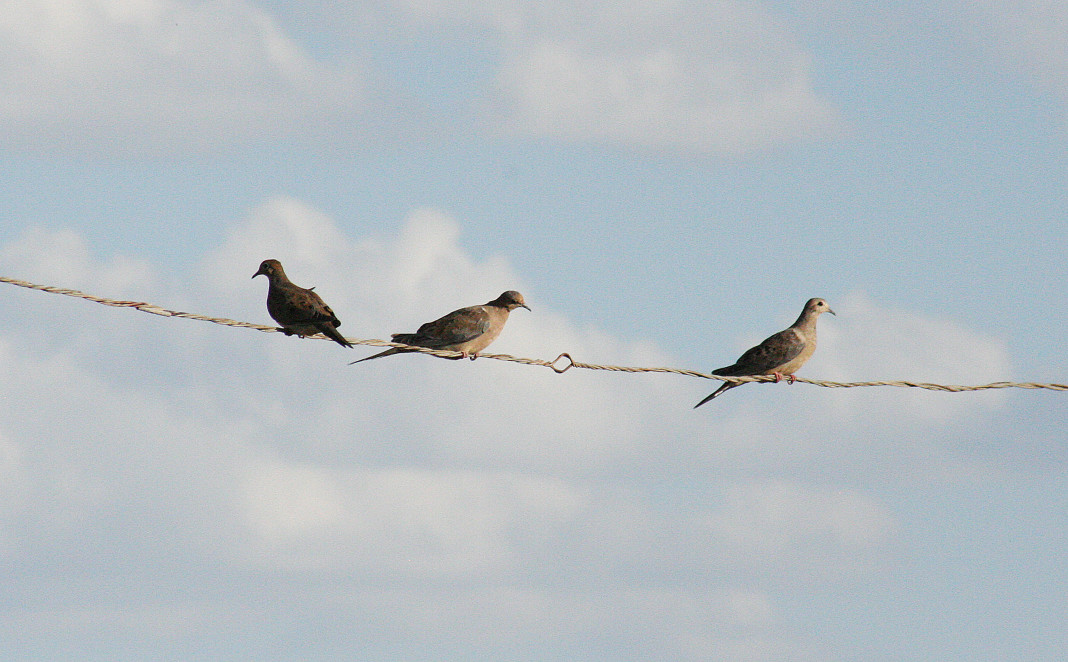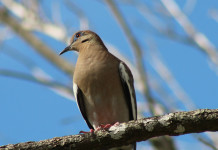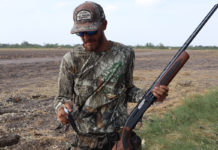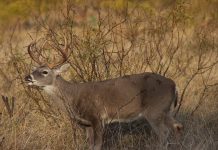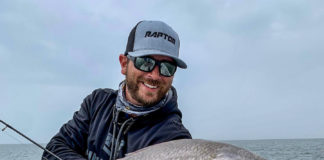Hunting season is almost here, and for about 400,000 dove hunters, this time of year brings about a kick-start to fall seasons that will last through the New Year.
And anticipation is flying higher than in previous years.
Dove season in the north and central zones begins Sept. 1 and runs through Oct. 23. It will reopen Dec. 20 and run through Jan. 5 while the south zone season runs Sept. 20-Oct. 27 and Dec. 20-Jan. 20. There is a statewide 15-bird daily bag, which may not include more than two white-tipped doves.
The mourning dove population is pegged at about 350 million on this continent, and roughly 50 million of those birds will nest, hatch or pass through Texas at some point during the next few months. The state also boasts the largest number of white-winged doves, checking in with a population of 5 million or more by most estimates, and the larger doves have expanded their range well out of South Texas. There are even noted nesting colonies as far north as the Panhandle.
Not only does Texas have the highest dove populations in the country, it also boasts the largest number of hunters, roughly a third of the nationwide tally of 1.1 million in a normal year, according to U.S. Fish and Wildlife Service figures. In an average season, 250,000 people put time in the field hunting mourning doves, while 125,000 target whitewings. Those hunters typically harvest about 5 million mourning doves and a million whitewings, and pump a huge amount of revenue into the state economy — more than $300 million, according to recent state and federal surveys.
Those surveys show that even in average seasons hunters in Texas spend more than $8 million alone on shot shells.
Dove hunting has a long heritage, and always has been a traditional way to recruit more youths into the outdoors. Children who can’t shoulder a shotgun or simply don’t yet want to can retrieve birds and mostly enjoy getting away from other daily distractions.
There’s also a social aspect to dove hunting and being able to spend time with family and friends this time of year always is entertaining and good for the soul.
The biggest attraction to dove hunting is the relative ease with which the pursuit can be enjoyed, and even a small plot of land can holds birds, especially if there are stock tanks or other water sources nearby. And unlike deer hunting, bass fishing and other pursuits that typically require a large investment of time, energy, and most importantly funds, dove hunting is the outdoor trip that caters to the everyman.
However, that doesn’t mean it’s acceptable to leave your manners at home, especially when it comes to introducing youngsters to hunting, the outdoors and most importantly, doing things the right way.
That means abiding your dove hunting etiquette and following a few rules.
The first rule in the dove handbook is and always will be safety. That means a number of things, including not shooting at low-flying birds, watching your background before pulling the trigger and keeping your muzzle in a safe direction. The most recent Texas dove hunting fatality occurred when a hunter in Hamilton County attempted to cross a fence line with a loaded shotgun, which went off, striking him in the chest with pellets. The first time you hunt with anyone who isn’t fully aware of where their barrel is pointed at all times, or simply isn’t being safe, also should be the last.
The second rule is to always stay legal, including having permission to hunt. Among the most notable citations written each year by game wardens are those for hunters who simply walked onto someone’s property, flopped out a stool and commenced to shooting in a case of cut-and-dry trespassing. Other common citations include hunting without a license, using an unplugged shotgun, exceeding bag and possession limits, hunting without a migratory game bird endorsement and hunting over a baited area.
On migratory game bird hunts your shotgun must be plugged to a three-shell capacity and it should be noted that you may not use lead shot to harvest teal during that September framework. Double dipping, which means shooting a limit of doves in the morning and again in the afternoon, falls into the category of exceeding limits. In previous years, regulations prohibited dove hunting in the morning to avoid this problem. The overall possession limit for migratory game birds is three times the daily bag after the second day of the season.
If there is a large concentration of birds in a particular area or if you spot grain on the ground you should ask questions of a landowner or outfitter before hunting. As the old dove hunting saying goes, “Look down before you look up.” A hunter may be cited for hunting over bait, which can include salt, grain or other feed, even if they didn’t know it was there.
Hunters also should keep their downed birds separate so that game wardens easily can check to make sure they haven’t exceeded their limits. It also should be noted that you should make an effort to retrieve all downed game birds. If you don’t you could be cited for waste of game, a Class C misdemeanor.
The migratory game bird endorsement costs $7 and is not included on a standard hunting license. You also must be Harvest Information Program certified to hunt migratory birds, which means answering questions about the number you harvested on hunts last season, and hunters born on or after Sept. 2, 1971, are required to pass a hunter education course. If you’re making use of the state’s Public Hunting Program you must possess a $48 annual public hunting permit in addition to your license requirements.
The final rule in a dove field is to be a good steward of the outdoors. That means picking up after yourself and others. Don’t leave trash, spent shells or anything else you brought for someone else to deal with. If you see other hulls when you’re scooping up your empties, grab them, too. If you came through a closed gate, make sure you shut it behind you. If you need to park a vehicle, leave it a safe distance from other hunters. If you came into a field after other folks already are there, give them room and don’t jam in nearby.
Passing on outdoor pursuits is vital to continuing hunting traditions, and when the sun sets on another sunflower field, you should be able to take comfort knowing you did your best to make sure that those in your company learned or experienced the pastime the right way.
Consult the Outdoor Annual, which is available where licenses are sold and online, for more details on game bird hunting and regulations.
